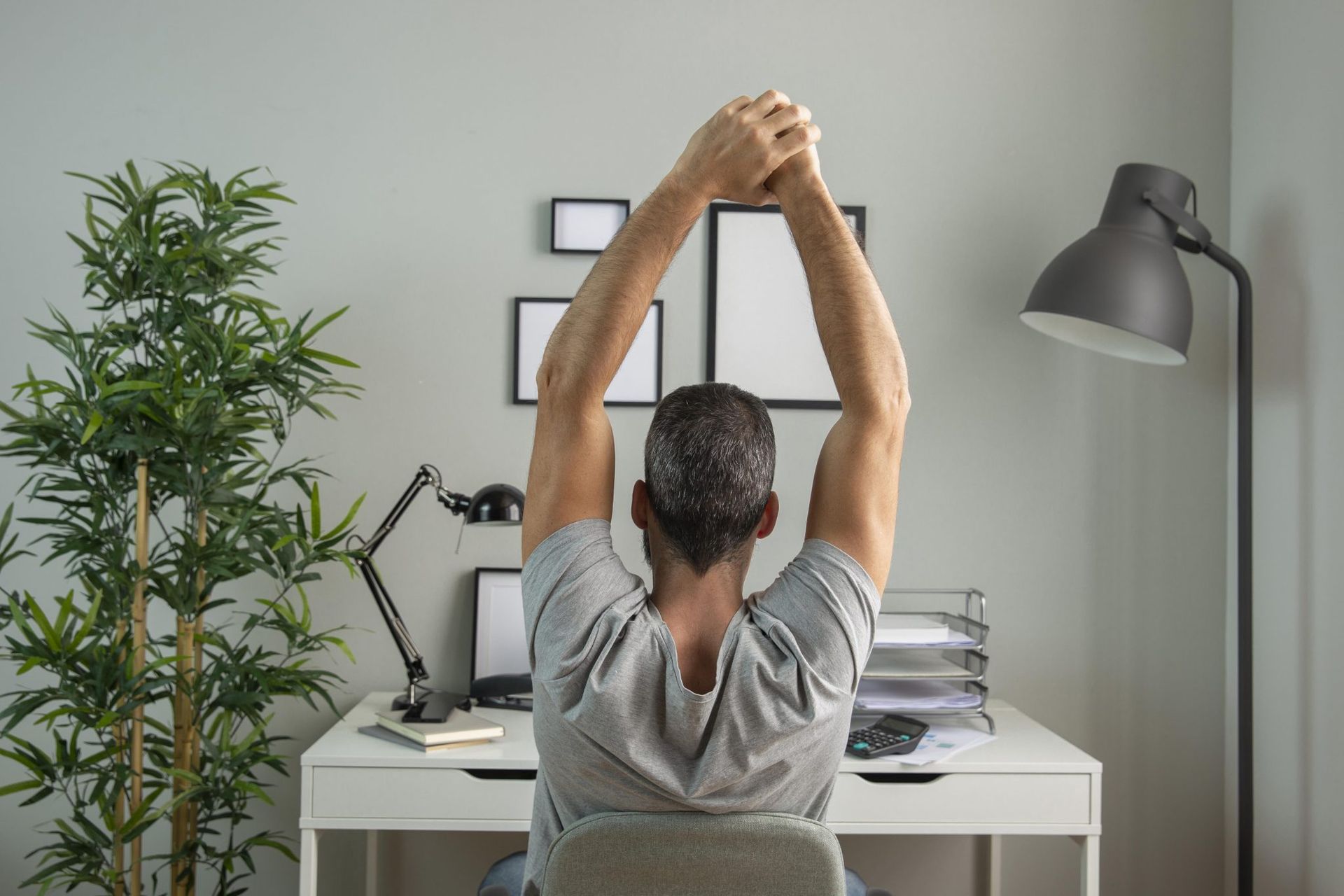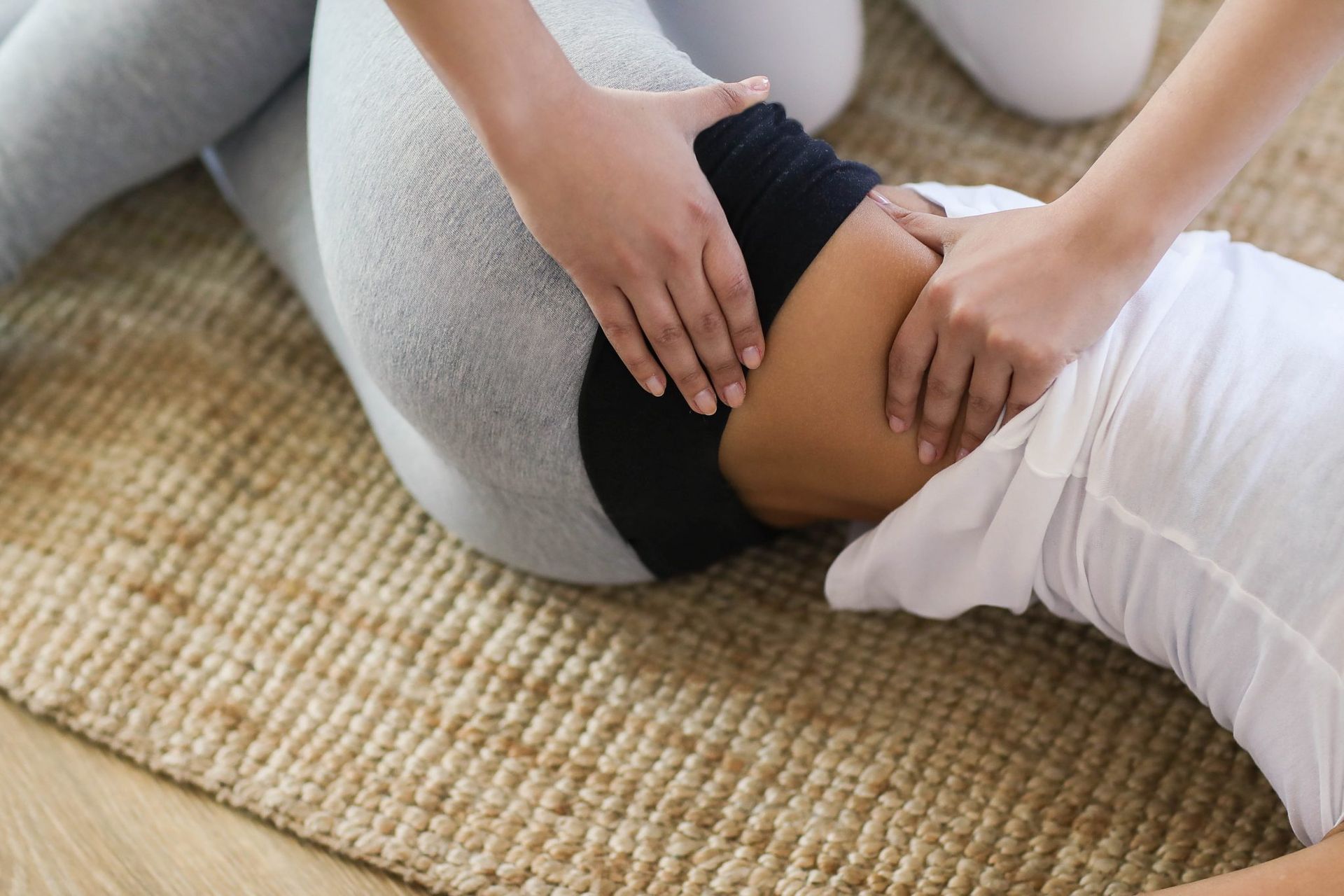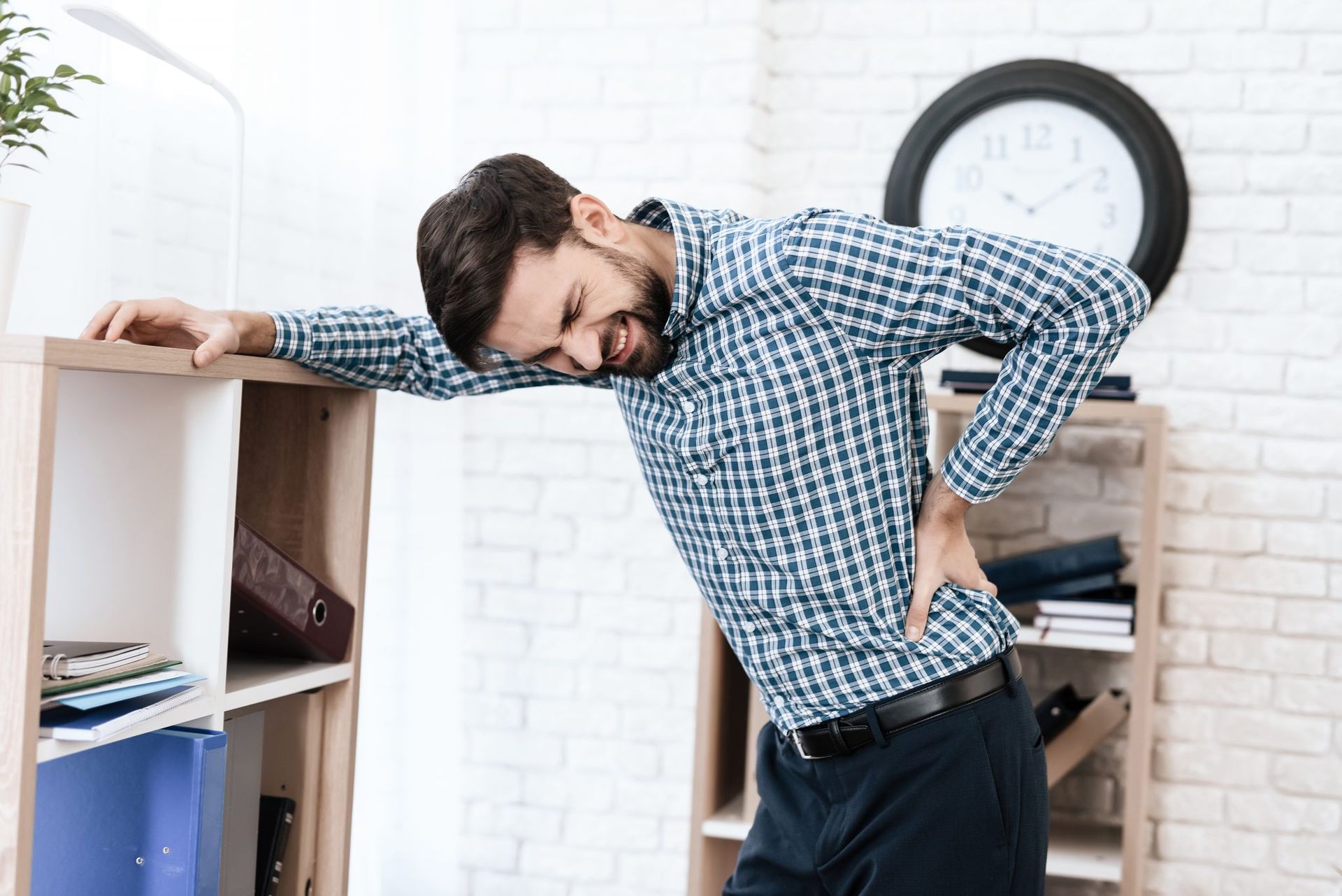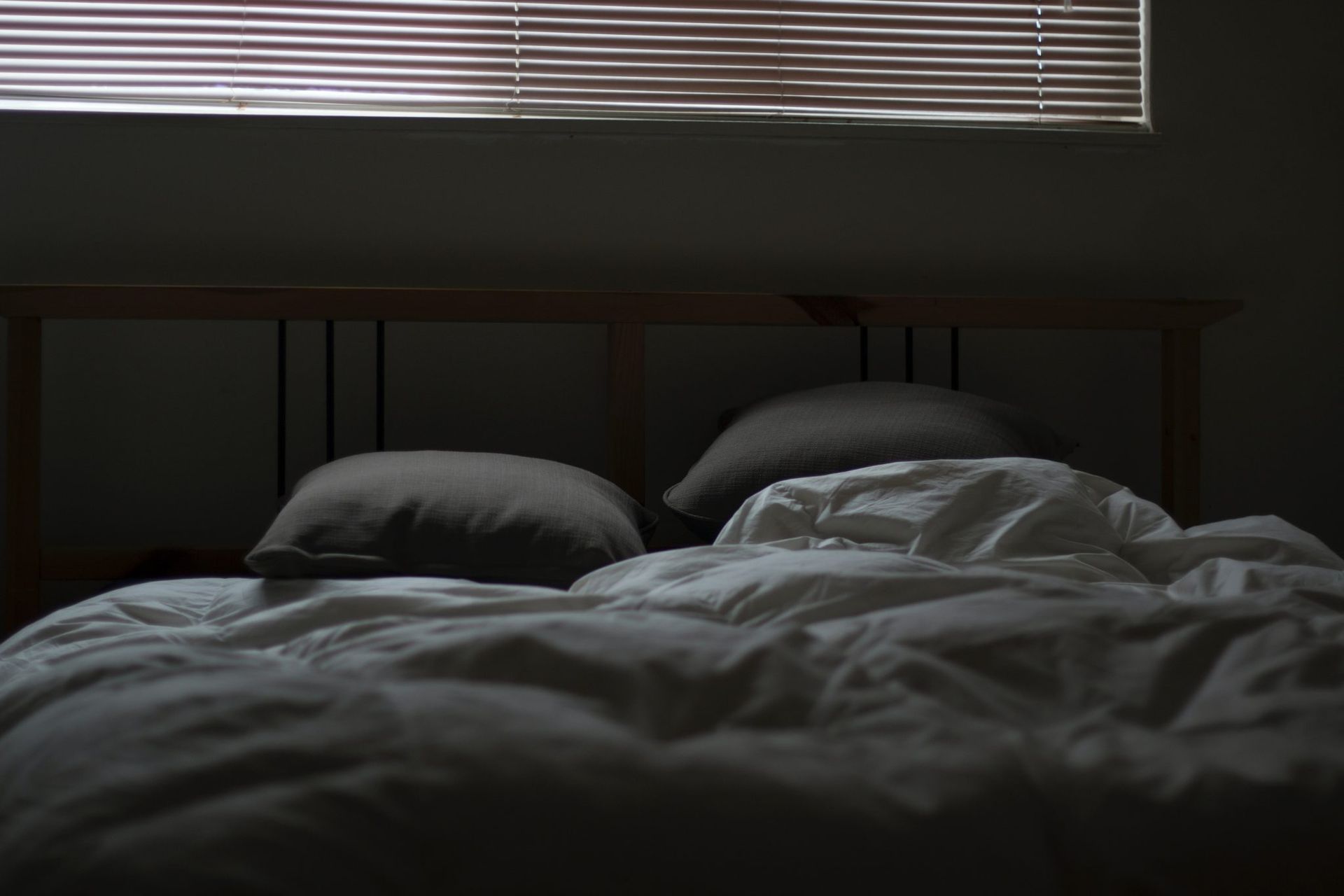Why Flexibility Is Important As We Age
Routine physical activity is an important part of healthy aging as it helps prevent several health problems, such as diabetes and heart disease.
Developing and maintaining your flexibility as you age can also be beneficial by reducing the risk of injury, maintaining good balance, and having a better range of motion. You will feel stronger once you gain a bit of flexibility, simply because that flexibility gives you the range of motion to let your muscles work more efficiently.
Maintaining flexibility will aid in muscle and joints health, which can keep older adults doing their favorite daily activities and remain independent.
Why Flexibility Is Important As We Age
If you are wondering if it’s possible to become flexible as we age, the answer is YES! As we age, our bodies have a tendency to degenerate. We lose our skin’s elasticity, our muscle tone, and bone density. Also, the water content in our tendons decreases and as a result, our tendons get stiffer. All these factors can contribute to the natural decrease in our flexibility.
The most common areas affected with decreased flexibility are often the shoulders and the hips. Other parts of the body that can be affected by the changes include the spine, neck, knees, ankles and any part of the body that has joints. This can result in chronic aches and pains.
6 Benefits Of Flexibility As We Age
- Improves your ability to perform daily physical activities.
- Improves your posture which reduces hunching over.
- Decreases the risk of injuries such as fractures and muscle strains.
- Improves balance which also decreases the risk of falling and injury.
- Decreases chronic pain.
- Helps you keep a more youthful appearance.
Increasing Flexibility
Many experts suggest that simple stretching techniques are best to help us ease into our workout routines and increase our flexibility.
Gaining flexibility takes time so be sure to go slowly, and pay attention to your body. One stretch doesn’t fit everyone, but there are many variations that can be made. As you improve your flexibility, you’ll be able to reach farther with the same stretch or add different stretches for the same muscle.
Stretching exercises are essential to help maintain flexibility and range of motion in joints. Yoga and Pilates are great forms of stretching exercise as they build core body strength and increase stability.
Additional tips to keep in mind:
- Warm up the body by walking in place for five minutes. This will prepare your heart, muscles, and joints for activity.
- Never force a stretch and do not bounce or jerk to get deeper into a stretch. Smooth and gentle movements are safer.
- Don’t lock your joints. Your arms and legs can be straight while stretching, but they shouldn’t be stiff and locked. If it’s more comfortable try bending your elbows and knees slightly.
- Keep breathing. As with your movements, your breath should be slow and steady.
- Aim to stretch every day. Try for 10 to 15 minutes a day, at least three days a week.
- Don’t forget recovery time. You will need to focus more on recovery after 50. Tissue recovery may take more time and more effort to support that recovery. Knowing how much recovery time that is needed often depends on your baseline fitness level.
The Takeaway
In conclusion, age is only a number and doing nothing will not help the aging process in the least. For many older adults, maintaining mobility can be difficult. Muscles and joints weaken and range of movement deteriorates as we age.
Stretching benefits include the development and maintenance of strength, improving flexibility, and increased circulation and blood flow, all of which will provide a greater quality of life and healthy aging.
Contact us if you are interested in focusing on wellness, not just the symptoms. We look forward to working with you so that you can live a life of complete health and vitality.
The post Why Flexibility Is Important As We Age appeared first on Leon Chiropractic.

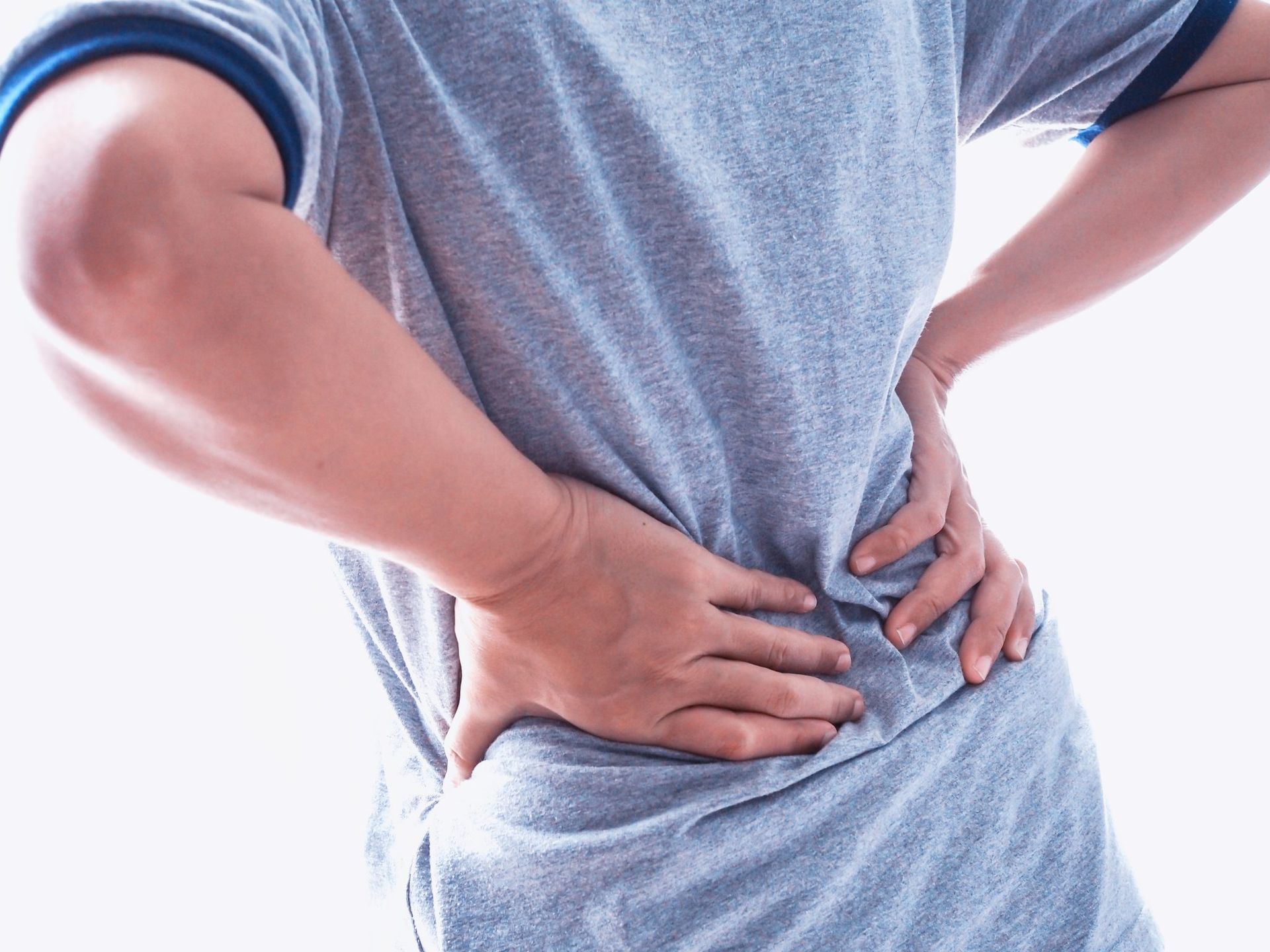

We look forward to working with you so that you can live a life of complete health and vitality.


